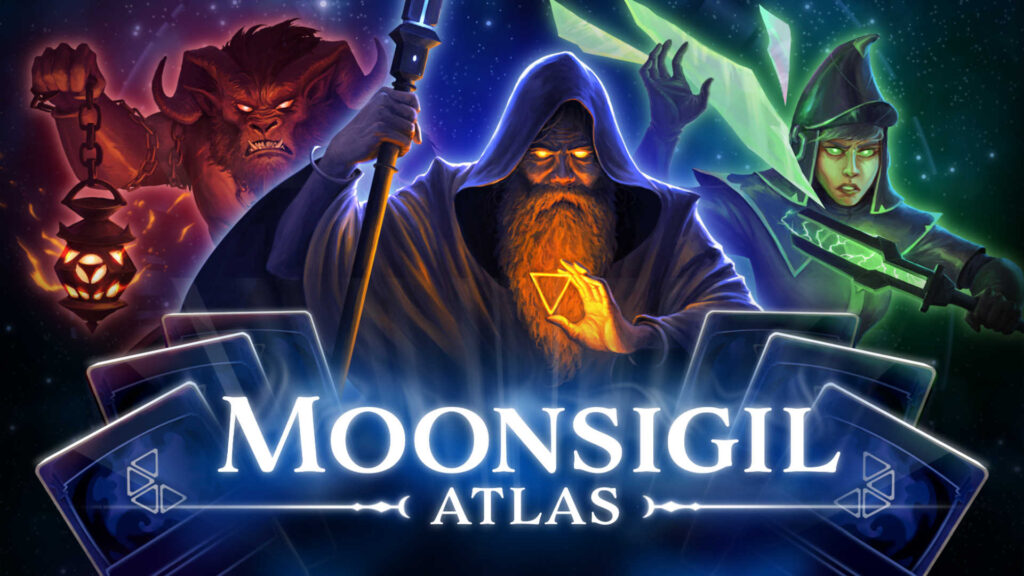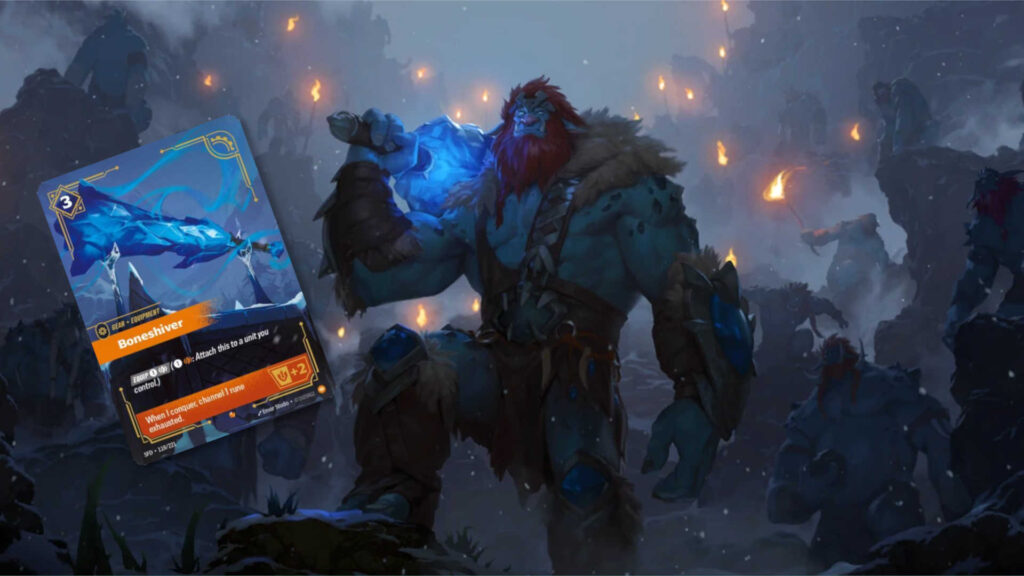You can’t move without tripping over a new roguelike, digital deckbuilding game these days, but it’s remarkable how each new example seems to bring something entirely new to the table. We’ve seen Lynchian surrealism and Kafka-esque body horror in Out of Hands, dice added into the mix in SpellRogue and even kid-friendly, non-violent deckbuilding in Nif Nif, just as three examples.
We can now add another deckbuilder with a unique approach to the list: Moonsigil Atlas, the demo for which is now available on Steam. So what’s special about Moonsigil Atlas, I hear you ask? Well, let’s take a closer look!
Table of Contents
ToggleMoonsigil Atlas Fuses Deckbuilding With Block Puzzle Mechanics
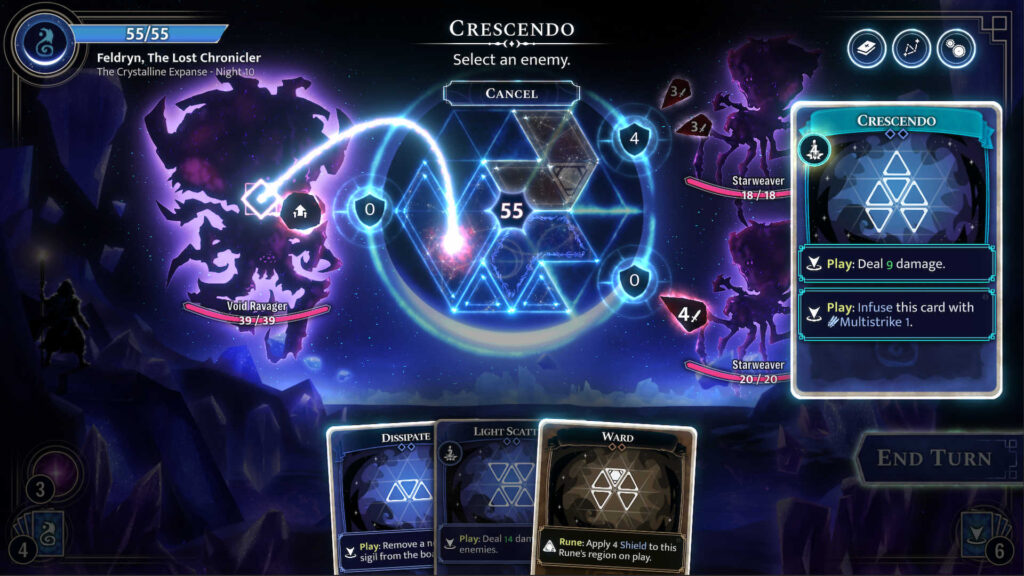
That’s right: in Moonsigil Atlas, instead of having enough energy to use your cards each turn, you’ll need to fit the block pattern of each spell into a grid. As long as you can fit the shape created by the spell into the grid, you can continue playing cards. Some spells will allow you to block, with a special symbol shown in its pattern; you’ll need to place the block symbol itself into the right side of the grid in order to defend from an attack on a specific side.
It’s clever stuff, and even though this does mean that Moonsigil Atlas has a bit more of a steep learning curve, even more so than your average deckbuilding game, it’s a hugely satisfying and well implemented mechanic, tapping into the same type of addictiveness you get from spatial puzzle titles such as Tetris. Replacing a standard energy system with Tetris-esque block placement adds a truly refreshing and compelling element to the more familiar roguelike aspects of the game.
Is Moonsigil Atlas Fun to Play?
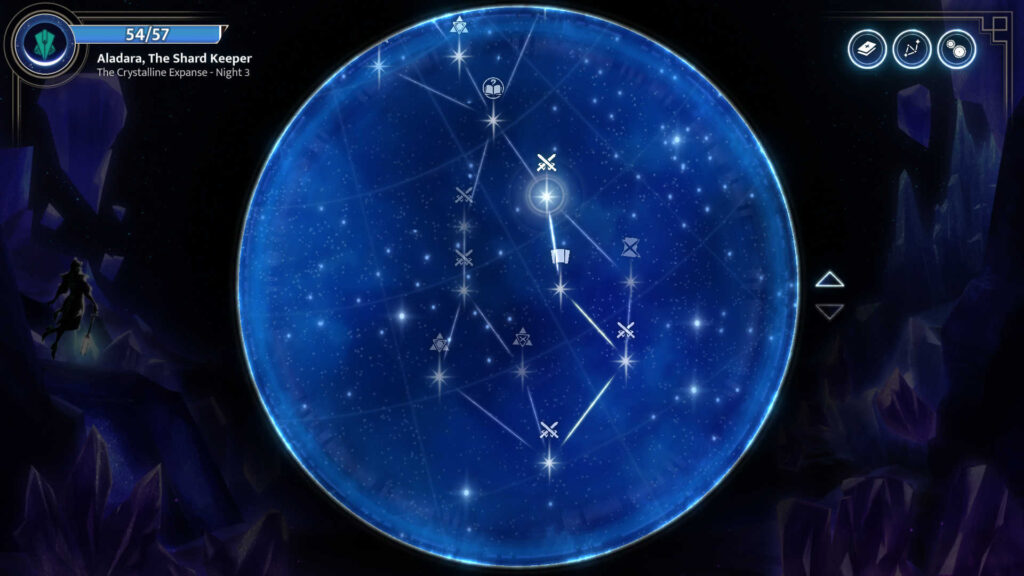
On the strength of the game’s demo, we here at Card Gamer can say for certain that yes, Moonsigil Atlas is an excellent experience. Though it does have the unique puzzle-based card playing mechanic, it’s certainly not a bad thing that you’ll find many other aspects of the game to be quite familiar, at least if you’re already au fait with deckbuilding games. There’s a fairly standard map and encounters, for example, and a card upgrading system that’ll also seem pretty recognizable if you’ve played games such as Slay the Spire, Monster Train, or just about any other roguelike deckbuilder.
Aesthetically, it’s beautiful too, with an astrological theme that gives the game a strikingly dark, glowing ambience.
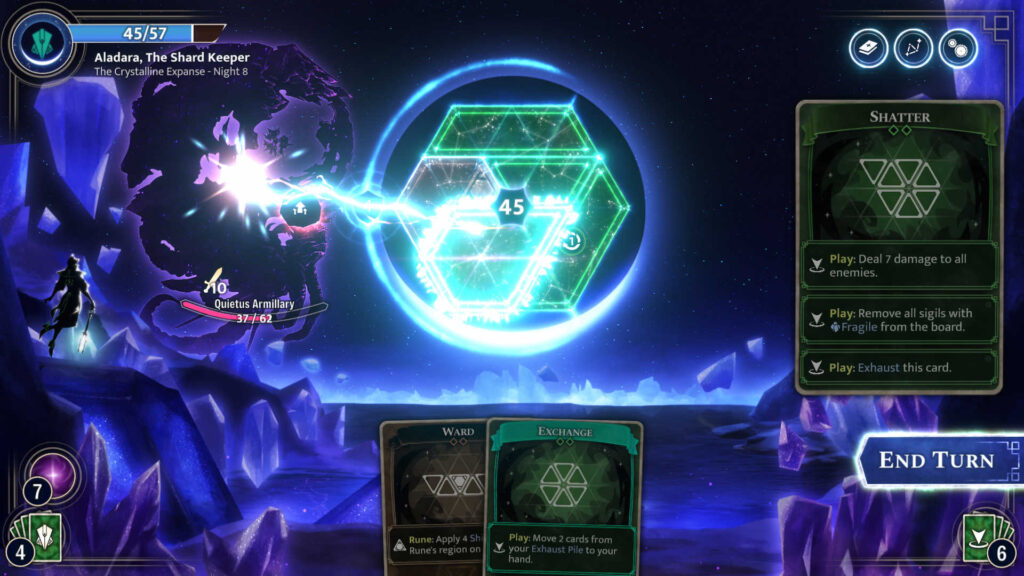
It’s worth noting that, as enjoyable as the demo is at this early stage, the full game will add further features, including: an extra playable character (two are currently playable in the demo), three acts (only one is available at present), more enemies, encounters, and upgrades, unlockable difficulty levels, localization in languages other than English and full controller support.
The latter is likely to be of interest to players trying Moonsigil Atlas on the Steam Deck; though it’s perfectly functional and works reasonably well with a combination of touch screen, ‘mouse’ and button control, it’ll be much more streamlined once full controller support has been implemented.
Though the final release date is not yet set for Moonsigil Atlas, it’s due to launch in 2025; you can add it to your Steam wishlist, and try the demo, using the button below:
We’ll be sure to cover Moonsigil Atlas in a full review as its release approaches, but in the meantime, why not check out other unique deckbuilding games, such as Trials of Fire and Deck of Haunts?


